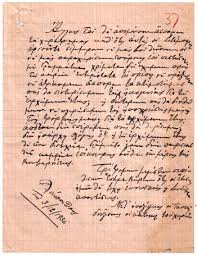
Stojka v Stojka 2023 BCCA 446 held that a binding oral contract existed between two brothers with respect to a beneficial interest in a property.
The court reviewed the law re oral contracts and in particular amongst family members where the communications in the family context are often no more than statements of intent or wishes.
The question of whether a given requirement for the formation of a contract has been met “involves applying a legal standard to a set of facts and is therefore a question of mixed fact and law”: Housen v. Nikolaisen, 2002 SCC 33 at para. 26.
If a party to an oral agreement acts as though there were a binding contract or the other party relies on the agreement to their detriment the party is unable to rely of the lack of a written agreement as a defence: Le Soleil Hotel & Suites Ltd. v. Le Soleil Management Inc., 2009 BCSC 1303 at paras. 342–345 [Le Soleil];
• An enforceable agreement is reached where parties have reached a meeting of the minds and the parties express themselves outwardly in a manner that indicates an intention to be bound: Le Soleil at paras. 322–323;
• Reasonable certainty of the terms of the agreement are required: Le Soleil at paras. 339–340;
• The existence of an oral agreement is determined by applying the objective reasonable bystander test to consider how the promisor’s conduct would appear to a reasonable person in the position of the promise: Le Soleil at paras. 324–325;
• The party alleging the oral agreement must be able to prove its existence on the balance of probabilities: Bell v. Bell, 1998 CanLII 3194 at para. 14, [1998] B.C.J. No. 1457 (S.C.).




